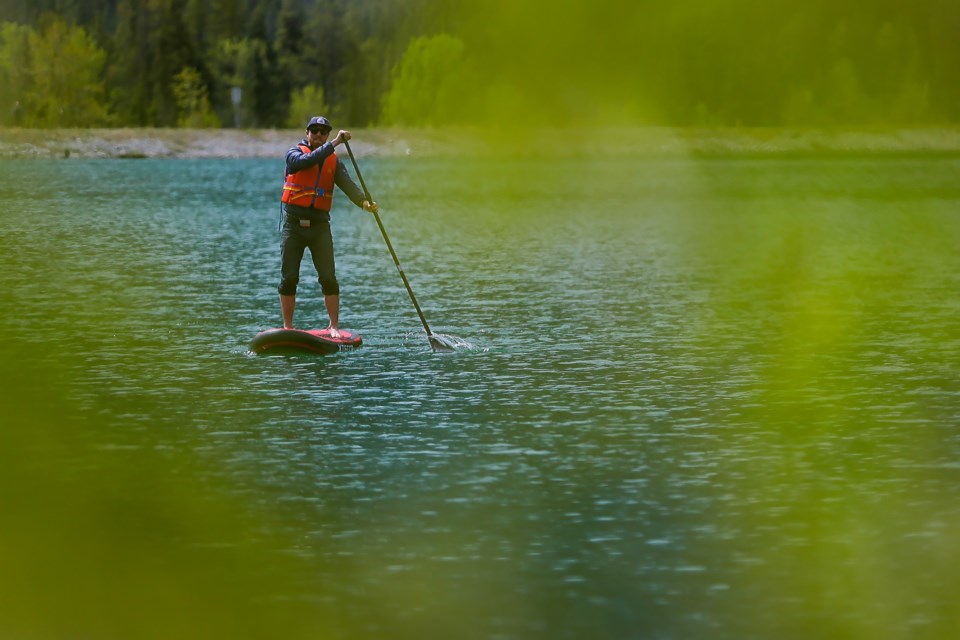LAKELAND – Some outdoor enthusiasts have expressed opposition to a proposed annual pass for watercraft like boats, jet skis, canoes, and kayaks from the Alberta government.
The provincial government claims money earned from the passes will be used to keep invasive mussels from Alberta's waterways. The province is currently conducting a survey to seek public input on the pass, open until Aug. 25.
According to the government, Alberta is free of Zebra and Quagga mussels, but the risks of these mussels entering the province are growing across North America.
"One study estimated that introducing invasive mussels into Alberta’s Lake McGregor alone could cost $284 million a year in damages," reads a July 25 provincial news release.
Grant Hunter, Associate Minister of Water and Chair of the Provincial Aquatic Invasive Species Task Force, said in the news release that the government looks forward to "getting feedback from Albertans on an annual boat pass that will be used in our efforts to prevent aquatic invasive species from wreaking havoc on our provincial waterways."
"Albertans love the great outdoors, and we all need to work together to keep these invasive species out," said Hunter.
Megan Evans, executive director of the Alberta Invasive Species Council, said in the same news release that preventing invasive species from entering Alberta is easier and costs less than managing them after they arrive. Evans claimed that once invasive species are established, they change ecosystems and place a burden on infrastructure and recreation.
"We’re encouraged to see Alberta exploring new prevention strategies, and we urge all Albertans to take this opportunity to provide input. The actions we take now will determine the future health of our lakes and rivers," said Evans.
The province claims Zebra mussels can cause up to $500 million in annual damage to critical infrastructure like "power plants, water systems, and industrial water intakes in the Great Lakes region."
But Dave Doonanco,president of the St. Paul Fish and Game Association, is not convinced. "It’s essentially a tax. My personal experience is that taxes don't solve problems. I would encourage people to do the survey," he said.
Doonanco questioned the need for a fee for boat owners whose boats do not leave the province. "If there's no invasive species in the province that we're worried about, then why am I paying a fee for it?"
Darryl Lotoski, owner of Warehouse Sports, agreed and said, "They have their boat checks already at the borders."
He believes the potential annual pass is a "money grab" and is no different than going to Crown land, which is supposed to be public land, but people still buy a park pass to camp.
Having a watercraft pass "to be able to launch it into a public lake is ludicrous," said Lotoski. "It's ridiculous. I mean, there are more and more boundaries coming out for the outdoorsmen and making it harder and harder for us to enjoy the outdoors."
While the Aquatic Invasive Species Task Force Recommendation Report released in December 2025 does not have a specific recommendation for the price of the pass, examples are provided based on existing watercraft fees from various U.S. states.
For example. the report indicates that a $30 fee for an estimated 165,000 motorized boats could generate approximately $4.95 million for the province, while $14 fee for an estimated 200,000 non-motorized watercraft could generate the province around $3 million.



